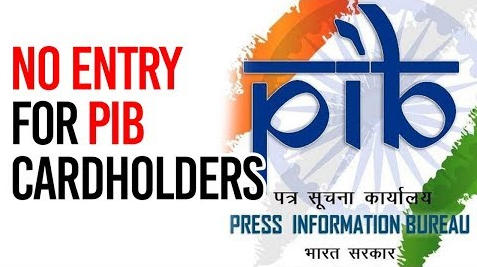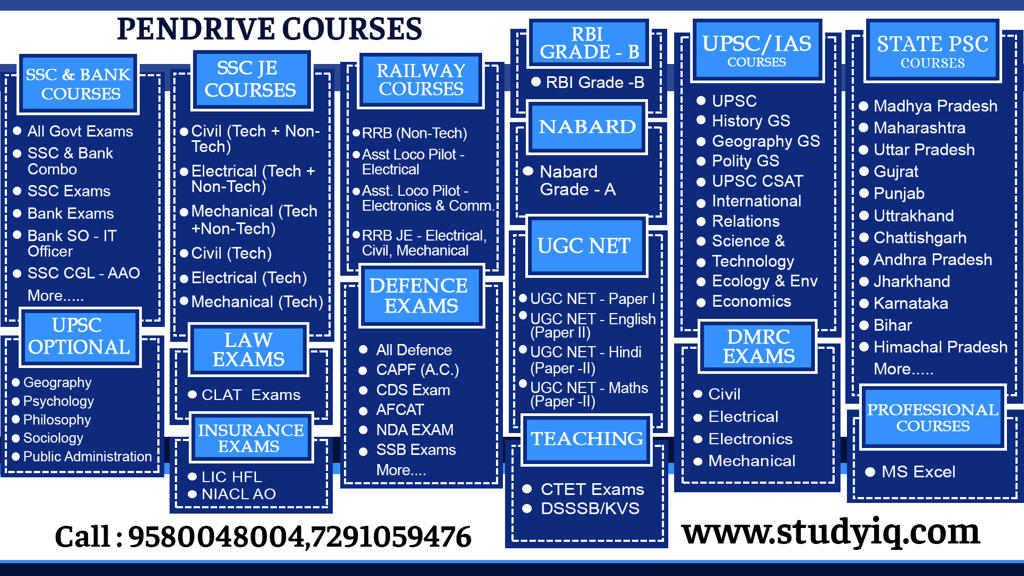Table of Contents


PIB ACCREDITED CARD

ELIGIBILITY
- Only given to journalists who live in Delhi or its periphery
- Works with a media organisation that has been functioning continuously for at least a year and if 50 per cent of its content is news or commentary of general public interest.
- The content should also include news and information emanating from the headquarters of the Government of India.
- Correspondents or camerapersons need five years’ experience as a fulltime working journalist to get the accreditation.
- Freelance journalists require 15 years’ experience.
- A journalist must earn a minimum salary of Rs 4,500 per month.
- A newspaper or a periodical needs to have a minimum daily circulation of 10,000, or 75,000.
- Only print and television journalists are at present eligible to get government accreditation from the Press Information Bureau (PIB).
ISSUING OF CARD
- The details of eligible journalists are then provided to the union home ministry, after which they are verified by police before an accreditation card is issued.
- The Central Press Accreditation Committee, which should meet at least twice a year, considers the names of correspondents and camerapersons who have applied for a PIB accreditation or its renewal.
BENEFITS
- In certain events involving senior public functionaries such as the President, the Prime Minister, and other ministers, only a PIB accredited journalist is allowed entry.
- Second, journalists accredited with the PIB are eligible, along with members of their family, for subsidised health services under the Central Government Health Scheme, meant for employees of the Union government.
- Most importantly, a PIB accreditation helps a journalist carry out her professional responsibilities.
HOW DOES A PIB CARD HELP JOURNALIST?
- Since a PIB card comes after security clearance from the Home Ministry, accredited journalists are allowed to enter the premises of most Union government ministries without prior appointment and need not record their presence.
- This firewalls the journalists from attempts at finding out when and on how many occasions they have visited the premises of an office, and which officers they have met.
- Therefore it helps the journalist to protect its sources because the anonymity of sources is one of the essential principles of journalism across the world.
- This becomes paramount when a source is willing to speak out against a senior official or a minister, or against the policies of the government.
SO WHAT HAS CHANGED NOW?
- Recently, finance ministry has put in place restrictions on media from entering the North Block.
- Entry of media persons, including those holding a PIB accredited card will now be on the basis of prior appointment.
- The order was rebuked by several journalists saying it curbs’ media’s freedom.
- The Editors Guild of India, which represents the country’s newspapers, expressed solidarity with the journalists.
Latest Burning Issues | Free PDF






















 WhatsApp
WhatsApp